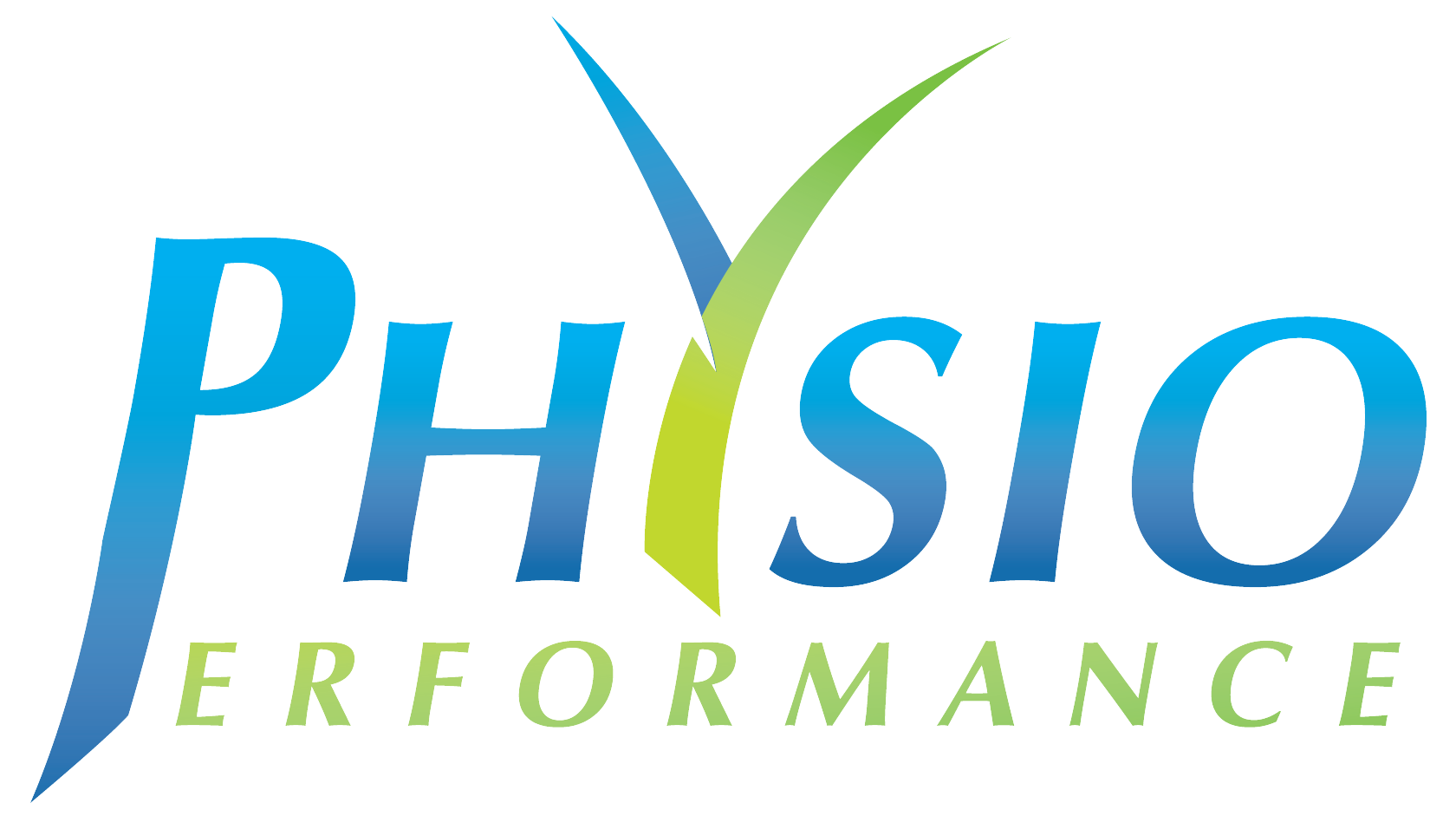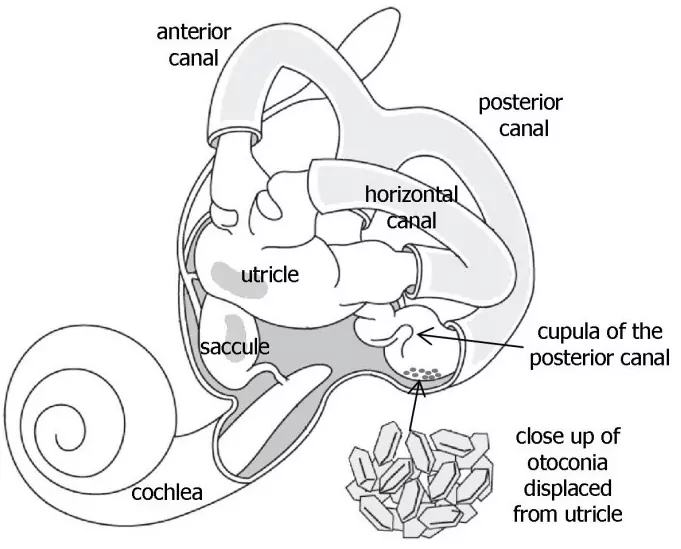Here at Physio Performance Drogheda, we are delighted to have our expert physio Caylan who specialises in Vestibular physiotherapy and rehab. This involves the diagnosis and management of disorders that cause dizziness and vertigo. Read more below where Caylan explains more about the vestibular system and what this specialist area of physio entails.
What is the Vestibular System?
The vestibular system involves parts of the inner ear and brain that help control our balance and eye movements. In turn, this keeps us in equilibrium with the world around us. If the system is affected by disease or infection, aging processes, injury or head trauma, your vestibular system can be affected. Vestibular disorders can also result from and/or worsen from genetic or environmental conditions, and occur for unknown reasons too.
What are the Symptoms?
The common symptoms you may experience with a Vestibular Disorder are dizziness, vertigo, nystagmus (involuntary eye movements) and imbalance. Other secondary symptoms are nausea, ringing in the ears (tinnitus), hearing loss, vision impairments and cognitive impairments (brain fog or difficulty being in busy/loud environments).
Types of Vestibular Disorders
There are various reasons for the cause of dizziness and a visit with your vestibular physiotherapist will help to determine if your symptoms are vestibular in nature through a detailed assessment. They should be able to determine if vestibular rehabilitation therapy (VRT) is the right pathway for you.
One of the most commonly seen vestibular disorders is Benign Paroxysmal Positional Vertigo (BPPV) and the second most common is Vestibular neuritis and Labyrinthitis. Ménière’s disease is another condition that can cause episodes of vertigo and dizziness.
Benign Paroxysmal Positional Vertigo (BPPV):
BPPV is one of the most common vestibular disorders. Studies have shown around 30% of those over the age of 60 experiencing dizziness, vertigo and/or imbalance is BPPV (Balatsouras et al. 2018). The cause of BPPV is currently still unknown, although there are a couple of theories that are still undergoing research with links to (1) ischemia and cardiovascular disease and (2) vitamin D deficiency and calcium metabolism (Chen et al. 2020, Jeong et al. 2020).
BPPV occurs when some of the calcium carbonate crystals (called otoconia) that are normally embedded in the utricle become dislodged and migrate into one or more of the three semi-circular canals, where they are not supposed to be (Bhattacharyya et al. 2017). This causes the semi-circular canal to be inappropriately excited resulting in sensations of vertigo that are triggered by movement and changes in position i.e. looking up, lying down flat quickly, bending forward and rolling in bed.
If BPPV is detected on seeing your vestibular physiotherapist, there are treatment options that yield good results in alleviating symptoms of dizziness and vertigo, depending on which canal the otoconia are displaced. In a study including 259 participants diagnosed with BPPV, 74.8% required one treatment to put BPPV into remission, 19% required two treatments and 98.4% of patients were successfully treated after 3 sessions (Macias et al., 2000).
It is important to note that although symptoms may disappear after treatments, BPPV is not curable, rather, it is put into remission. That being said, the latest research shows you should continue on with your day to day tasks and activities following treatment. There have only been small size studies done looking at postural restrictions following treatment for BPPV, with more research needed to have a full understanding if this improves the efficacy of the treatment (Bhattacharyya et al. 2017).
Other vestibular disorders that people can experience and/or benefit from vestibular rehabilitation are:
Vestibular Neuritis/Labyrinthitis:
These conditions are the second most common cause of peripheral vestibular vertigo (Smith et al. 2021). There have been links between these conditions with the Herpes Simplex (HSN-1) virus and is believed to be a probable underlying cause that can trigger these conditions.
In vestibular neuritis, one of our cranial nerves is commonly affected and inflamed, yet our hearing is spared. Whereas, labyrinthitis the entire labyrinth (a maze of fluid-filled channels in the inner ear) is involved and hearing loss is present. Common symptoms that can be experienced with these conditions acutely are nystagmus, nausea, vomiting and imbalance.
Chronic type symptoms include persistent dizziness and imbalance. These symptoms can appear suddenly, but do usually ease over a few days when in the acute phase. Often you will regain your balance back within a few weeks to months and VRT can be very beneficial with these conditions.
Meniere’s Disease:
A condition that is thought to cause pressure fluctuations in the inner ear fluid. Its cause is unknown and people experiencing this condition tend to report ear fullness, tinnitus, fluctuating hearing loss, vertigo and imbalance. These symptoms are usually episodic meaning there are times the vestibular system returns to normal and no symptoms are experienced. Although, over time low-frequency hearing loss can develop.
These episodes can last hours to days. Unfortunately, based on the up to date research this disease is one that does not respond well to VRT, unless there is permanent vestibular dysfunction in the later stages of the disease in which case, unilateral (one side) vestibular loss can respond very well to VRT. It can still be beneficial to see a vestibular physiotherapist to ensure you are not experiencing BPPV symptoms alongside the Meniere’s.
Living with a Vestibular Disorder?
People living with Vestibular Disorders or who have experienced episodes of vestibular disorders (ie. BPPV) can experience changes with their lifestyles and day to day tasks. It can be common for your activity levels to naturally decline, physically and socially due to these disrupting symptoms.
Vestibular disorders can make getting around, whether that be walking or any type of transportation, challenging at times. As a result, it is common for people to experience increased anxiety surrounding their symptoms. Yet, graded movements and VRT can help in challenging the vestibular system to normalize our day to day tasks and get back to the things that you enjoy doing.
Therefore, be sure to address any of these symptoms with your GP who can refer you on to a vestibular trained physiotherapist or reach out to a vestibular physiotherapist directly in your area.
How can Vestibular Rehabilitation Therapy (VRT) help?
VRT can significantly help with managing your symptoms and the goals of treatment are:
- Improve functional balance
- Improve the ability to see clearly during head movements (gaze stability)
- Decrease motion sensitivity and disequilibrium
- Improve overall general physical condition
- Reduce social isolation due to disruptive symptoms
There are various exercises your physiotherapist can prescribe to help manage your symptoms involving surface orientation exercises to help calm dizziness, vision exercises, adaptation exercises, habituation exercises (repeated exposure to movements that are difficult), visual-vestibular integration exercises and balance exercises.
A few things to understand with VRT is that it is symptom driven and that it is crucial to be compliant with the home exercise program prescribed. The purpose of VRT is to provoke and challenge these symptoms, so the exercises prescribed will make you mildly dizzy, but this is beneficial for you! When you first start VRT, it is common to feel a little worse before you begin to feel better and even though the exercises are meant to provoke your symptoms, it won’t make the issue at hand any worse.
Rehabilitation and recovery from vestibular loss can be very fragile, so it is important to be gentle with yourself throughout the process. If you are having a “bad” day, it’s ok to take a break from the exercises. There will be times where symptoms can reoccur, especially in times of increased stress or fatigue, illness or prolonged periods of inactivity. This does not mean you are back at square one, but instead something to discuss with your physiotherapist to see if there are other factors we may be able to address.
Are you struggling with vertigo or dizziness?
Not sure where to start?
We are here to help!
If you are experiencing any of these symptoms, or if you have a question on vestibular disorders, do not hesitate to get in touch with us here at Physio Performance on 041-9877059 – Caylan would be more than happy to help!




